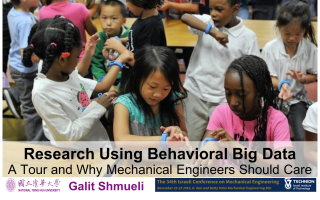I'm excited to announce that our book Information Quality - The Potential of Analytics to Generate Knowledge (with Ron Kenett) is finally out just in time for the new year. The book introduces the Information Quality (InfoQ) framework, which is useful for evaluating the potential or usefulness of a dataset for answering a specific question or goal, given the use of data analysis (statistical modeling, data mining, etc.). It is also useful for evaluating studies that use data analysis.
A bit on the history of InfoQ:
- Ron and I started thinking and discussing the topic more than 10 years ago
- In 2010 we introduced the framework in our paper On Information Quality (JRSS-A vol 177(1), pp. 3-38, with 6 discussion papers and rejoinder)
- In 2013 I presented InfoQ in a 30-min webinar by the Royal Statistical Society journal club.
- We published papers applying the InfoQ framework to different domains: reviewing empirical articles (Helping Reviewers Ask the Right Questions: The InfoQ Framework for Reviewing Applied Research), official statistics (From Quality to Information Quality in Official Statistics, Journal of Official Statistics, vol 32 no 4, pp. 1–19),
- We used the InfoQ dimension of Generalization to discuss Reproducibility, Replicability, and Repeatability (Clarifying the terminology that describes scientific reproducibility, Nature Methods, Vol. 12(8), p 699, August 2015).
- I gave the opening keynote “Information Quality: Can Your Data Do the Job?” at the 11th Statistical Challenges in eCommerce Research (SCECR) Symposium, Addis Ababa, Ethiopia, June 2015.
The book has three parts: (1) the InfoQ framework, (2) application of InfoQ in different fields (education, healthcare, customer surveys, and more), and (3) Implementing InfoQ in software (with a special JMP add-on).Where now?
Above is InfoQ 101. There's much more going on! See more publications and talks on the InfoQ website and follow news on the FB page.



